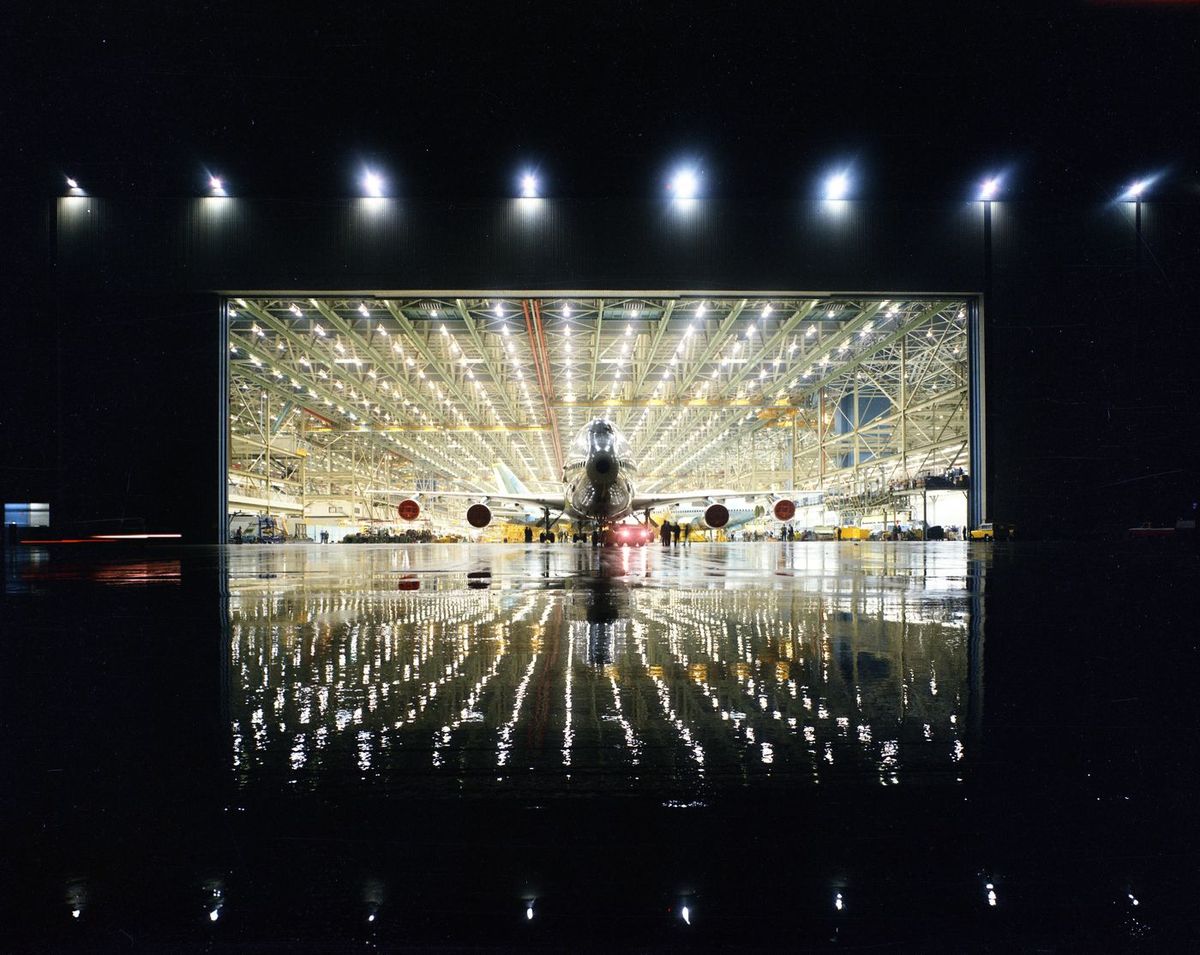Farewell to the Boeing 747 jumbo jet, the aircraft that shaped aviation history
The 747 was a game-changer in air travel.

A few minutes every morning is all you need.
Stay up to date on the world's Headlines and Human Stories. It's fun, it's factual, it's fluff-free.
The backstory: Let's take a trip down memory lane to honor a true aviation giant, the 747 jumbo jet, also known as the "Queen of the Skies." In 1969, this revolutionary aircraft took its first flight and since then has made its mark on the world, carrying cargo and passengers, serving as a shuttle transporter for NASA and even being used as Air Force One for US presidents.
The 747 was a game-changer in air travel, connecting cities globally with its non-stop flights and making air transportation more accessible. Its impact on the aviation industry is significant, thanks to its innovative features such as the twin-aisle layout, overhead compartments and in-flight entertainment.
The development: But, with the airlines focusing on more budget-friendly options like two-engine planes made by Boeing and Airbus, the end of an era has come. This week, the last 747 jumbo jet was handed over to Atlas Air cargo. The end of 54 years of production was marked with a special ceremony in a big factory near Seattle, attended by workers, executives, and even actor and pilot John Travolta, who has flown a 747, to bid farewell to the beloved aircraft.
Key comments:

"The 747 is a symbol for many, many things, and above all, I think it's a symbol for the world, which the 747 has made substantially smaller," said Lufthansa CEO Carsten Spohr.
"When that very first 747 rolled out, it was an incredible time," said Desi Evans, who joined Boeing at its factory in 1957 and worked 38 years at the company before retirement. "You felt elated – like you're making history. You're part of something big, and it's still big, even if this is the last one."
"If you love this business, you've been dreading this moment," said aviation analyst Richard Aboulafia. "Nobody wants a four-engine airliner anymore, but that doesn't erase the tremendous contribution the aircraft made to the development of the industry or its remarkable legacy."
"The impact of your work continues well beyond the production lines," said John Dietrich, president and CEO of Atlas Air Worldwide, thanking the Boeing employees. "It has fueled childhood dreams and career ambitions while at the same time driving global economies and supply chains."




Comments ()